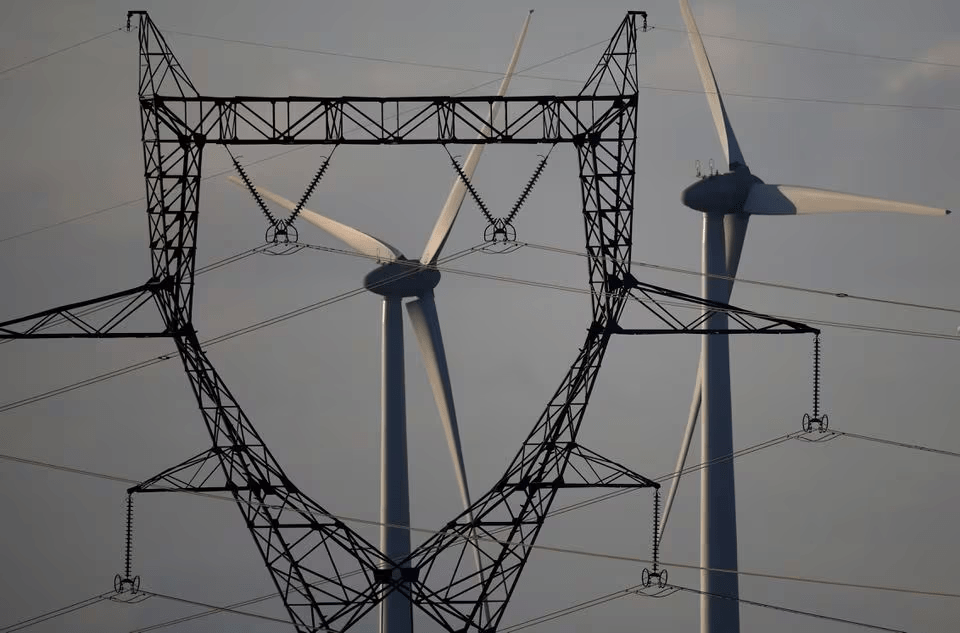In Short : The Government of India and the Asian Development Bank (ADB) have signed a $200 million loan agreement for the Uttarakhand Climate Resilient Power System Development Project. This project likely aims to enhance the climate resilience of the power system in Uttarakhand, a state in northern India. The financial support from ADB underscores efforts to improve infrastructure that can withstand climate-related challenges and contribute to sustainable development.
In Detail : Project will modernise Dehradun city’s power network infrastructure by introducing an advanced and climate-resilient underground cable system comprising 537 km subterranean cables, 354 ring main units, and 99 compact substations
The Government of India and the Asian Development Bank (ADB) today signed agreement for availing of a $200 million loan from the Asian Development Bank (ADB), to improve the quality, efficiency, and reliability of power supply in the state of Uttarakhand.
The signatories to the loan agreement for the Uttarakhand Climate Resilient Power System Development Project were Ms. Juhi Mukherjee, Joint Secretary, Department of Economic Affairs in the Ministry of Finance, for the Government of India, and Mr. Hoe Yun Jeong, Deputy Country Director and Officer-in-Charge of ADB’s India Resident Mission, for ADB.
“The ADB funding for the project will strengthen power system infrastructure and help Uttarakhand in achieving its goal of providing 24×7 power to its residents,” said Ms. Mukherjee after signing the loan agreement.
“The project will enhance the power system network’s capabilities, facilitating the seamless integration and transmission of renewable energy to load centers. Simultaneously, it involves upgrading the distribution system to minimize power outages and reduce technical losses,” said Mr. Jeong.
The project will modernise Dehradun city’s power network infrastructure by introducing an advanced and climate-resilient underground cable system comprising 537 km subterranean cables, 354 ring main units, and 99 compact substations. Additionally, it will enhance the current power system by installing upstream substations and their associated power lines that will help meet increasing electricity demand, reduce network congestion, and improve power distribution reliability in urban and suburban areas.
The project will empower women self-help groups in rural hilly districts, providing them with access to renewable energy sources and energy-efficient equipment to enhance their livelihoods. ADB will facilitate training programs for communities, focusing on energy conservation and business management skills, while also conducting awareness and educational activities in schools to promote opportunities for employment in the energy sector. The project will involve nongovernmental organizations in implementing and monitoring the livelihood activities.
The Japan Fund for Prosperous and Resilient Asia and the Pacific, financed by the Government of Japan through ADB, will provide a $2 million grant to support livelihood enhancement, training, and awareness-raising activities of the project.
ADB will support the capacity development of the Power Transmission Corporation of Uttarakhand Limited and the Uttarakhand Power Corporation Limited by conducting leadership courses and project management programs to develop climate-resilient power sector projects. It will also collaborate with the Energy Department to formulate an energy transition road map to support Uttarakhand’s low-carbon transition.

